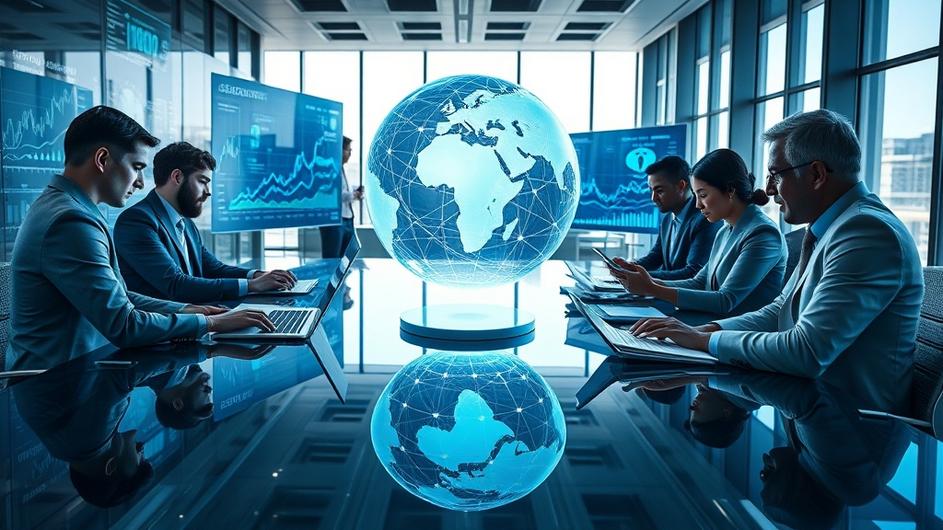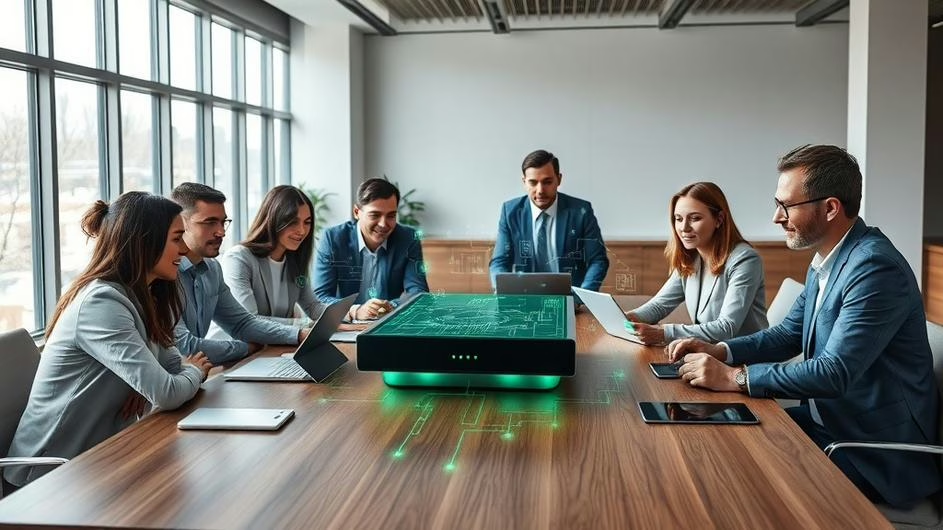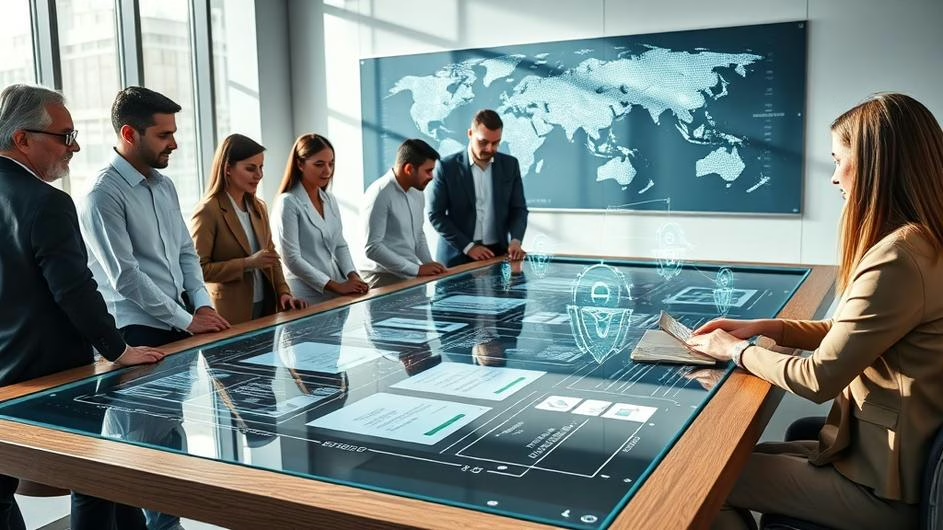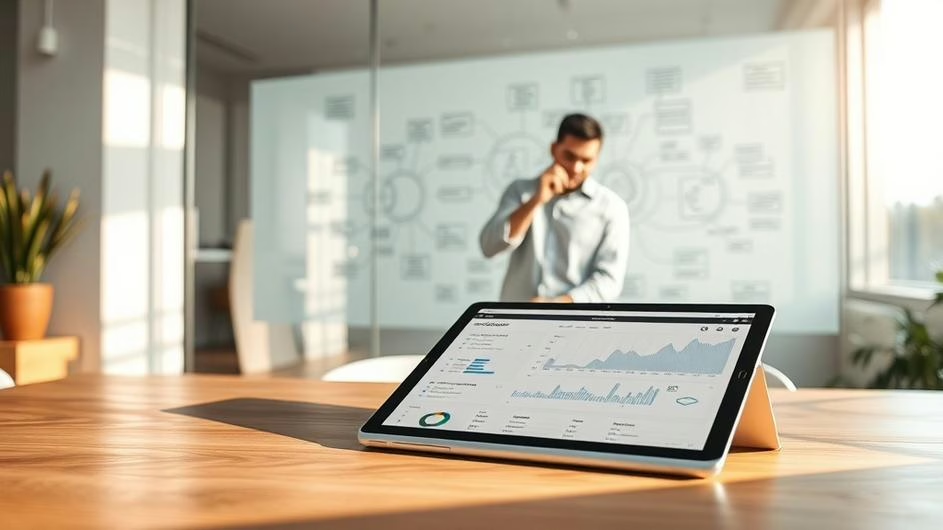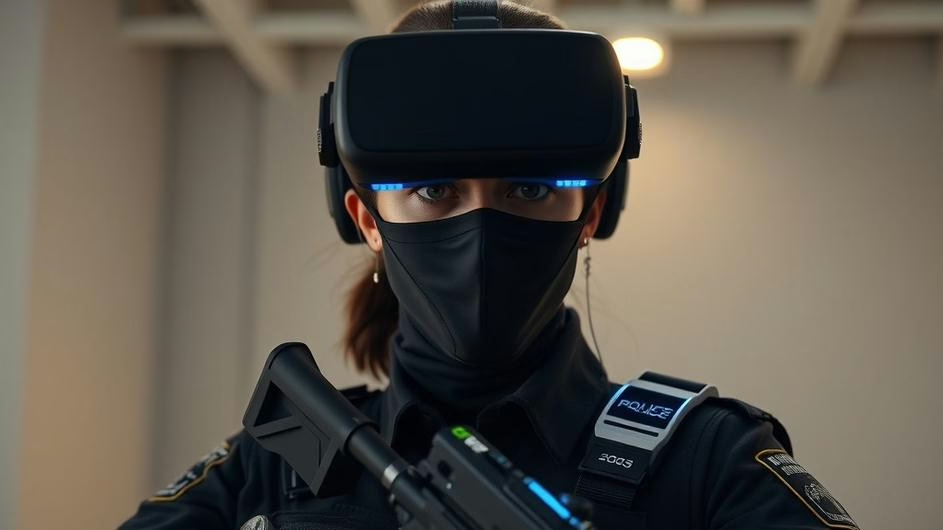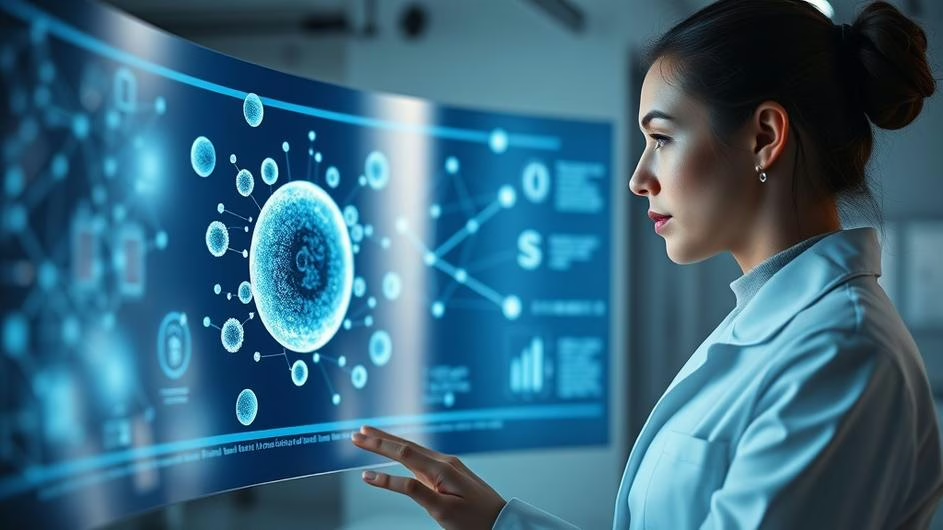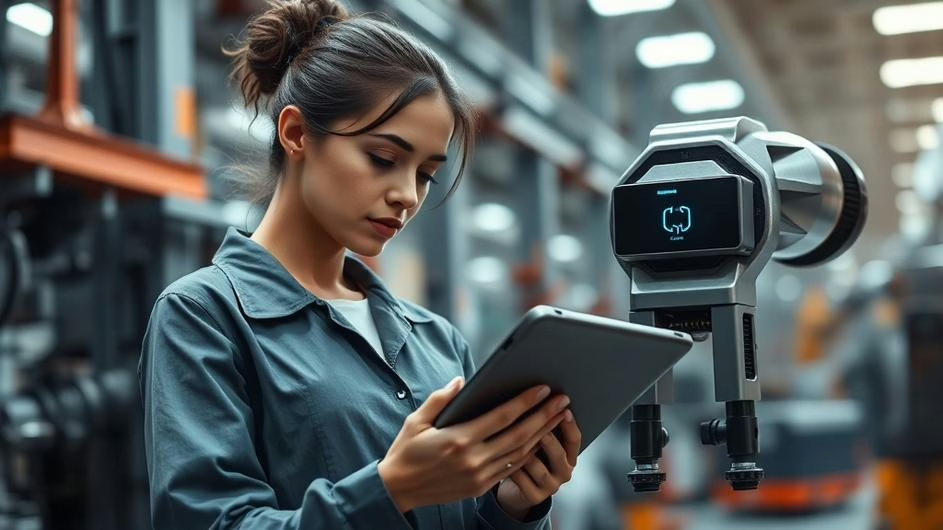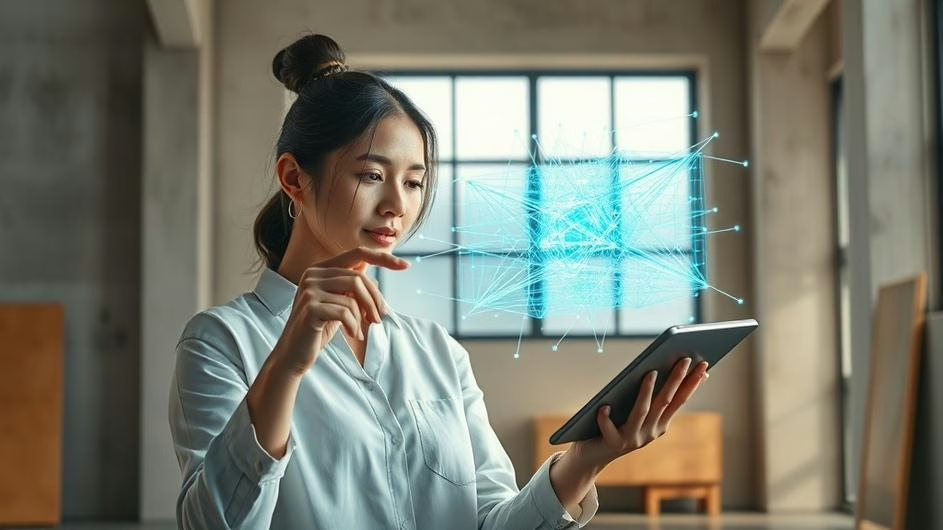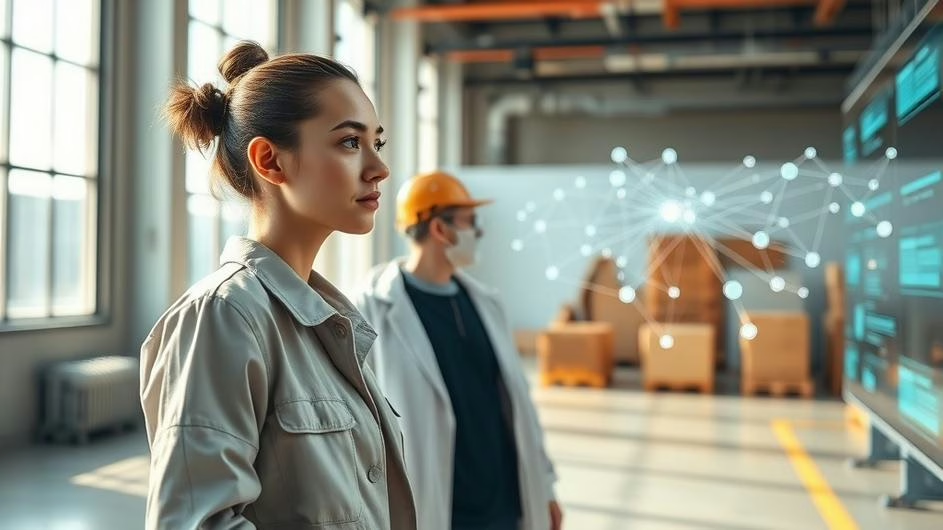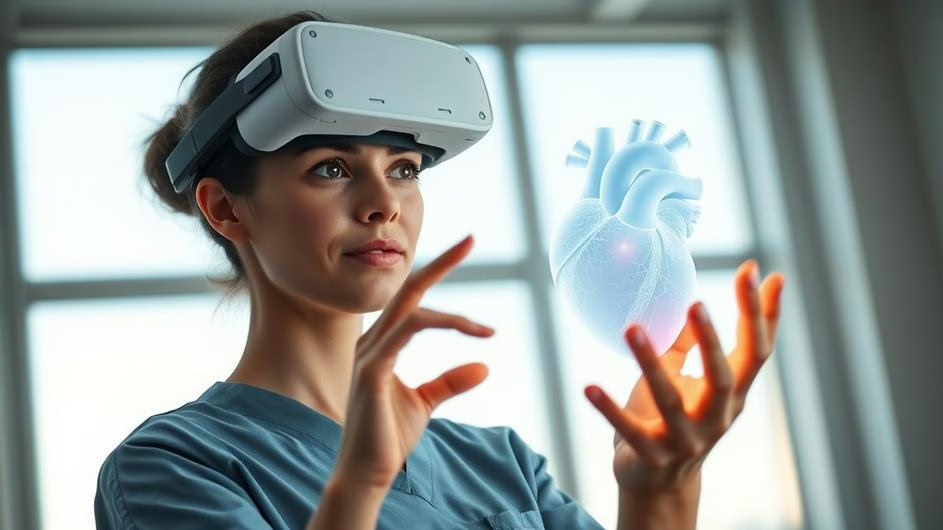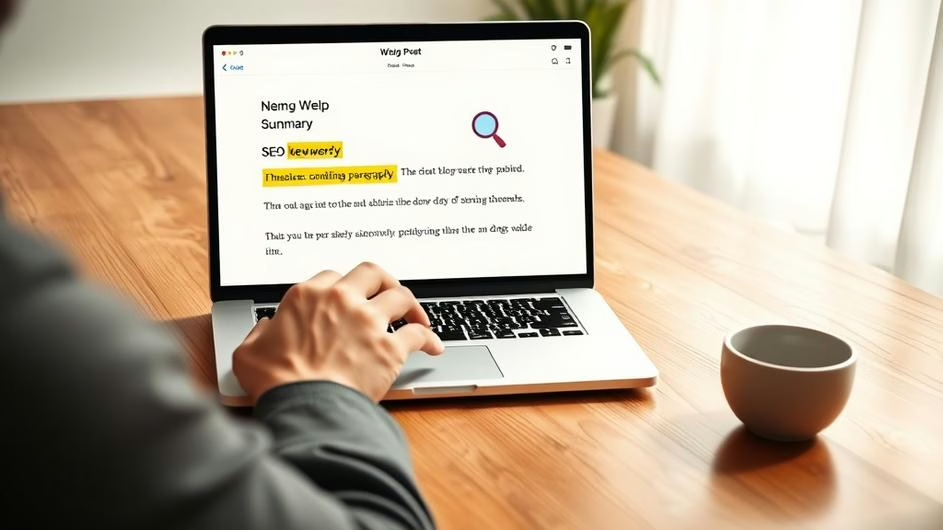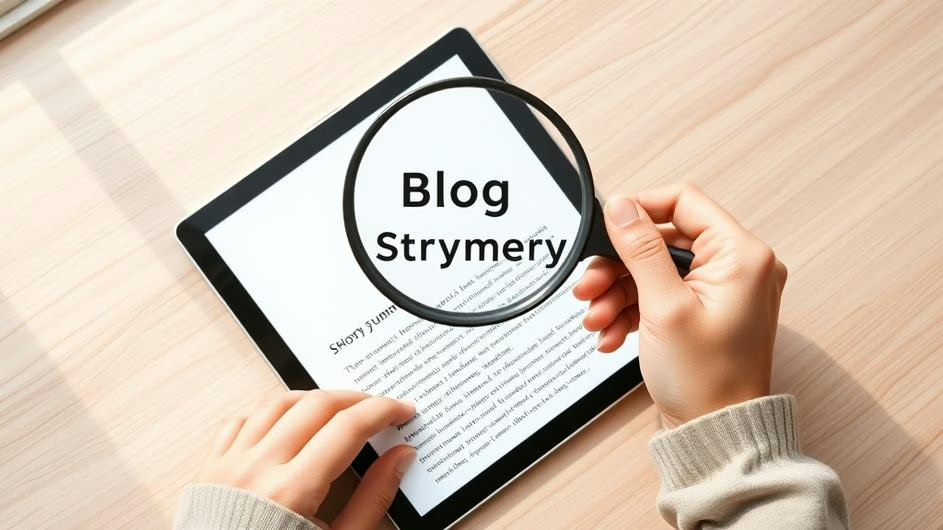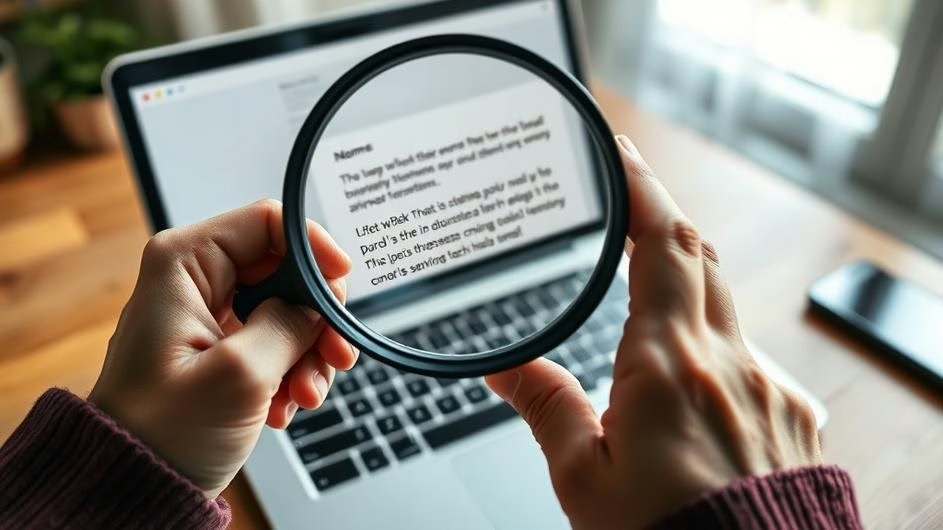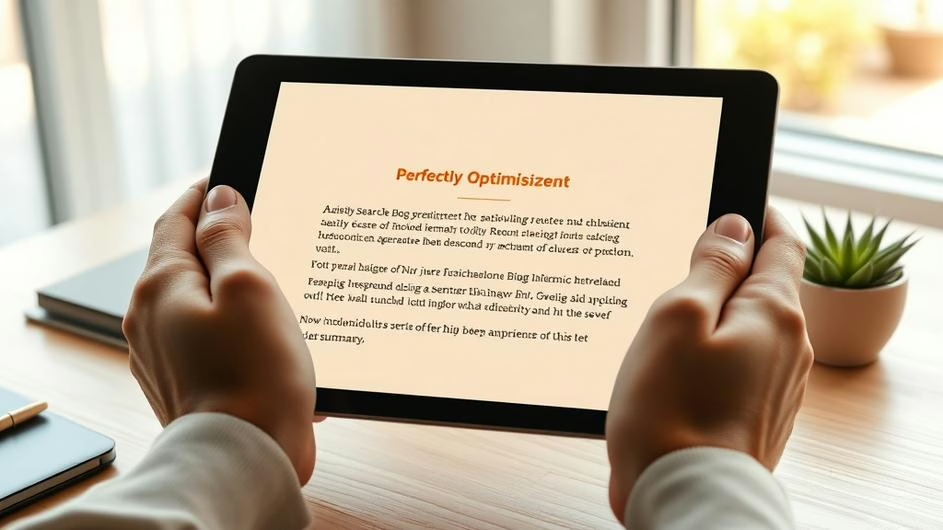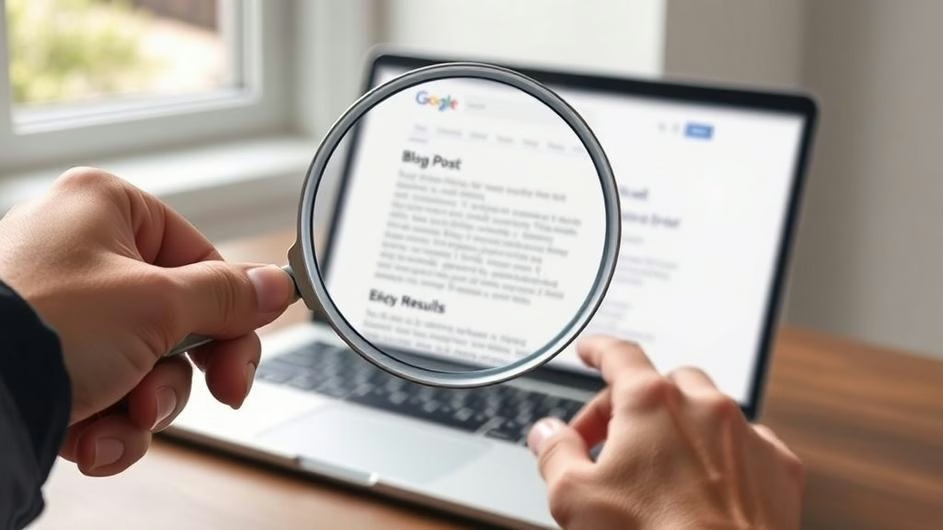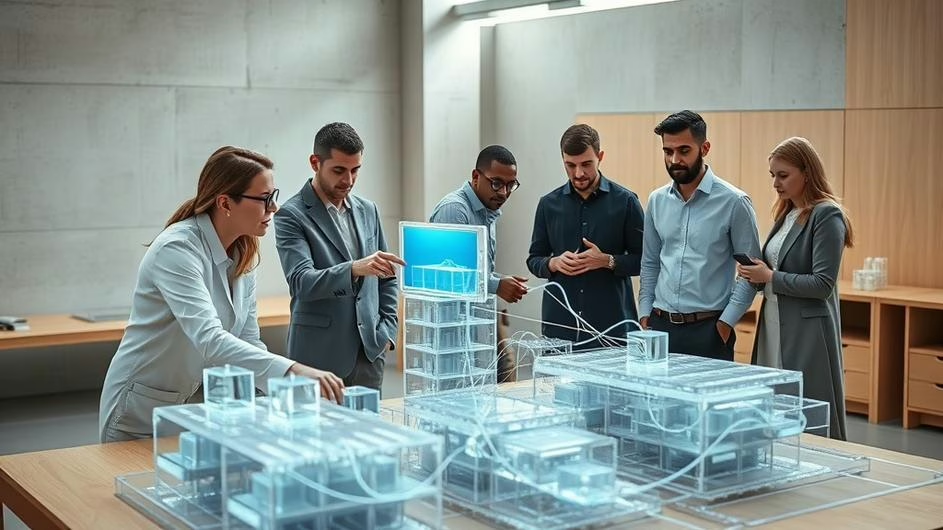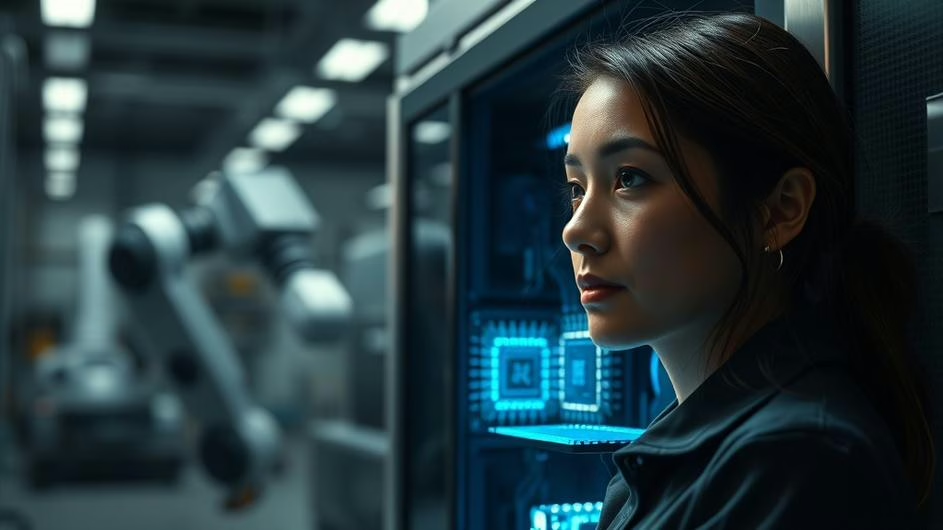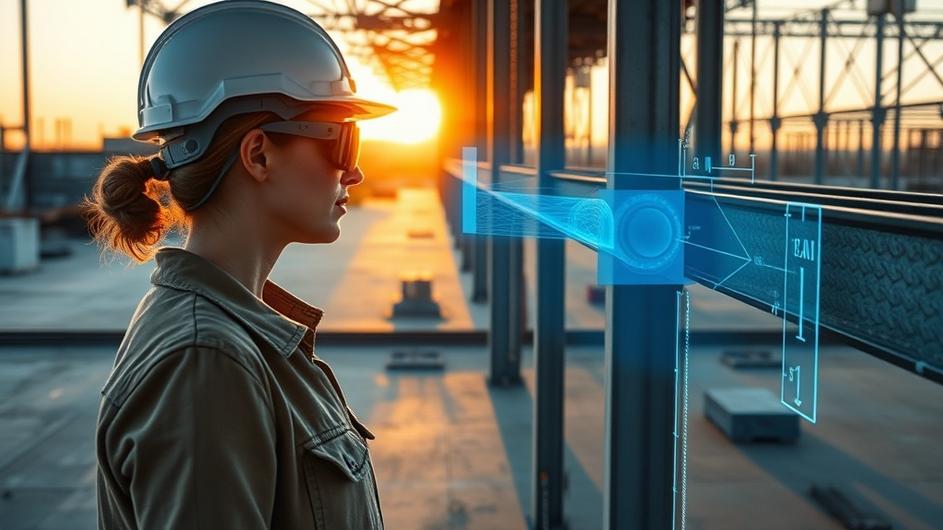
Navigating the New AI Frontier: From Manufacturing to Policy
It’s impossible to ignore the speed of AI’s evolution. Artificial intelligence is rapidly changing how we live and work, impacting everything from the factory floor to the complex world of cybersecurity. This isn’t just a future concept. It’s happening right now. Let’s break down some of the latest developments in AI across key sectors like manufacturing, cybersecurity, search, and transportation, and see how they are collectively pushing us into a new era of technology.
AI: The New Industrial Revolution
In manufacturing, AI is sparking what many are calling the next industrial revolution. We’ve moved far beyond simple automation of repetitive tasks. Today, intelligent systems are optimizing entire production lines in real time. How does it work? By collecting huge amounts of data from sensors on machinery, AI algorithms can predict when a piece of equipment might fail, schedule maintenance before a breakdown occurs, and drastically cut downtime. This saves money and boosts productivity. More importantly, it creates a safer environment for workers by flagging potential hazards.
Think about quality control. AI-powered systems using machine vision can spot tiny defects with an accuracy that a human inspector could easily miss, ensuring that the final products meet higher standards. It’s a game-changer for industries where precision is critical.
The impact doesn’t stop at the factory doors. AI is also making supply chains smarter and more resilient. Advanced analytics help companies forecast demand, manage inventory more efficiently, and streamline logistics. By integrating AI with the Internet of Things (IoT), businesses get a complete picture of their supply chain. This transparency allows them to react quickly to market shifts and global disruptions, reducing waste and their environmental footprint along the way.
The Cybersecurity Arms Race
Of course, as manufacturing and supply chains become more connected, they also become more vulnerable to cyberattacks. This is where AI plays a dual role. Cybercriminals are using AI to launch sophisticated attacks, but defenders are using it to fight back. The rise in ransomware attacks on industrial systems is a clear sign that we need stronger defenses, and AI-enhanced cybersecurity is becoming essential.
Security firms are now deploying AI tools that can detect unusual activity, identify intrusions, and respond to breaches much faster than human teams alone. These systems are constantly learning from new attack methods, creating an adaptive defense against evolving threats. For example, some companies are now using AI agents for financial crime compliance, automating what was once a manual and error-prone process. However, it’s a delicate balance. Implementing these tools requires careful tuning to protect privacy and avoid false positives that could disrupt normal business operations.
Search That Understands You
Remember when search engines just matched keywords? Those days are long gone. AI has completely revolutionized search by focusing on contextual understanding. Modern search engines use natural language processing to interpret what you actually mean, not just what you type. They can sift through massive amounts of unstructured data to deliver incredibly relevant results almost instantly. Have you ever been surprised by how well a search engine understood your vague query? That’s AI at work.
This leap in technology is not just for public search engines. Businesses are integrating AI-driven search capabilities into their internal tools and customer support systems. This turns company data into actionable insights, helping employees find information faster and make better decisions. As AI gets even better at understanding language and user behavior, we can expect search experiences to become even more personalized and intuitive. The emergence of AI agents that can search across multiple platforms to complete tasks is a glimpse into this future.
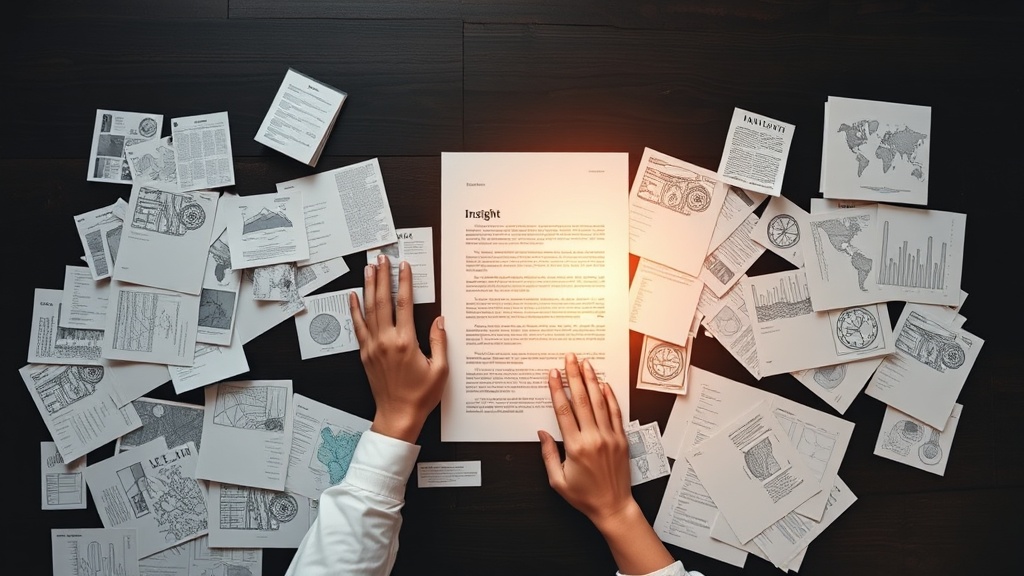
The Road Ahead for Transportation
The transportation sector is another area feeling the full force of AI’s transformative power. Autonomous vehicles are the most visible example. Self-driving cars and trucks rely on sophisticated AI algorithms to see their surroundings, make instant decisions, and navigate complex traffic situations. The goal is to make our roads safer by reducing human error, while also improving fuel efficiency and providing mobility for those who can’t drive.
Beyond personal vehicles, AI is optimizing logistics on a massive scale. It can predict traffic jams, account for weather delays, and help companies plan the most efficient delivery routes. Public transit systems are also using AI to improve scheduling and maintenance, leading to more reliable service for passengers. While the idea of a fully autonomous world is exciting, we’re not quite there yet. There are still significant regulatory, ethical, and technical challenges to overcome. Collaboration between tech companies, policymakers, and the public will be key to navigating the road ahead. Some wonder if AI agents are doomed in travel, but others see them as powerful assistants for a new generation of human travel planners.
Crafting the Rules for AI
With all this rapid development, governments and regulatory bodies are scrambling to keep up. How do you encourage innovation while managing the risks related to privacy, algorithmic bias, and job displacement? This is the core challenge of AI governance.
Frameworks are starting to emerge that push for more transparency, accountability, and fairness in AI systems. Since AI operates across borders, international cooperation is essential for setting global standards on everything from data sharing to ethics. The goal is to create policies that ensure AI benefits everyone without concentrating too much power in the hands of a few or stifling technological progress. The need for robust, context-aware infrastructure for AI agents highlights the technical side of this governance challenge.
An Interconnected Future
Looking forward, it’s clear that these different fields don’t exist in a vacuum. Advances in one area often fuel breakthroughs in another. Better cybersecurity protects AI-driven manufacturing. Smarter search helps policymakers analyze complex issues. The development of brand-safe, self-improving AI agents for commerce could influence how AI is used in customer support and logistics.
The potential for AI to enhance human capabilities and create new business models is enormous. However, unlocking this potential requires more than just good code. It demands a responsible and strategic approach that considers the ethical and societal dimensions of this powerful technology. Organizations that get this right will not only gain a competitive edge but also contribute to sustainable progress. As we stand at this technological crossroads, the future of AI seems incredibly bright, promising to empower humanity in ways we’re just beginning to imagine.
Sources
- “AI in Manufacturing: Transforming Production with Intelligent Systems,” Industry Today, March 2024
- “The Growing Role of AI in Cybersecurity Defense,” Cybersecurity Journal, April 2024
- “Revolutionizing Search: How AI Understands User Intent,” Tech Insights, February 2024
- “Autonomous Vehicles and the Future of Transportation,” Transport Review, January 2024
- “Governance of AI: Balancing Innovation and Risk,” Policy Forum, May 2024











































